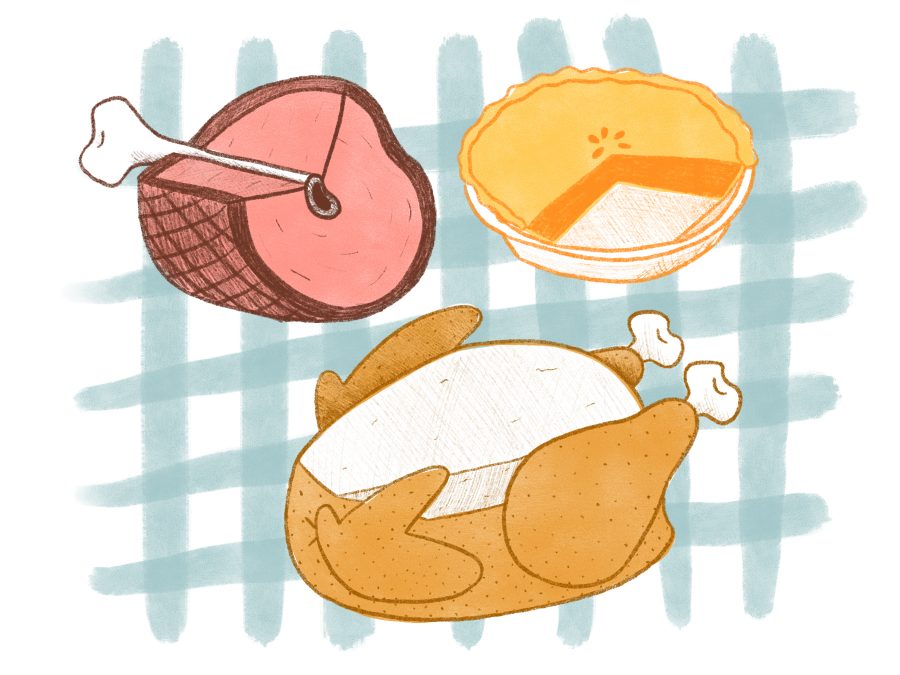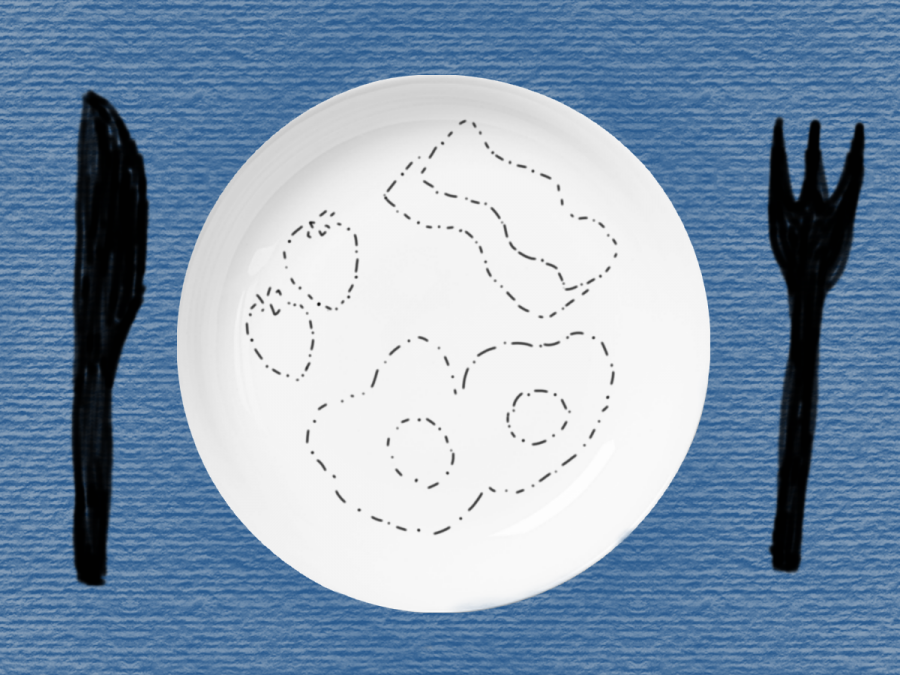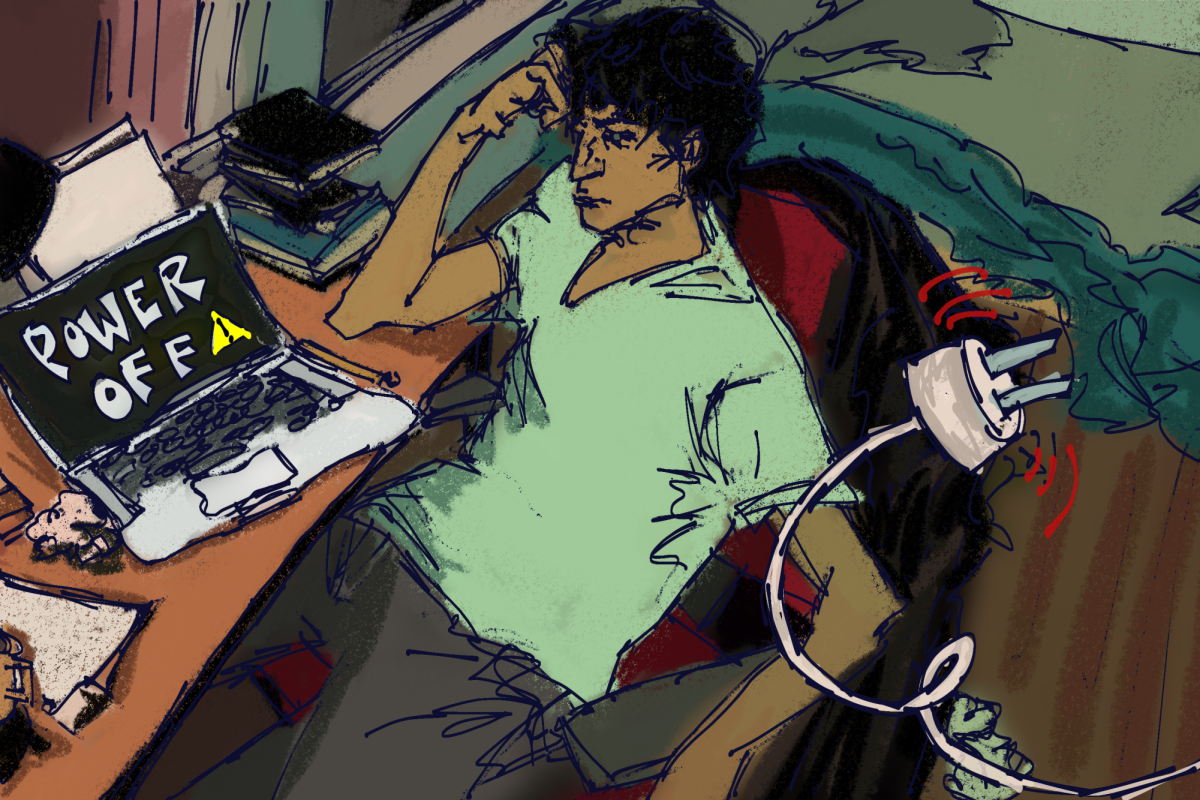I find the Texan’s choice to put the story of the missing brains only in the Life & Arts section confusing. While I can see that the fairly odd story may convey a light-hearted, and merely local, sense of incompetence regarding University officials and of rushed press officials, the Texan missed an opportunity to engage with some important questions about UT’s stewardship of its own historical patrimony. The issue got coverage in every national media outlet from ABC to USA Today, to The New York Times, so clearly it was worthy of some serious reporting. As student reporters, the staff at the Texan have a unique opportunity to experiment, and not merely react, to University news gone national. Small issues like this are great for young journalists to cut their investigative teeth before reaching the stifling environment of the corporate newsroom, with all its perks and drawbacks. I appreciate the thorough commenting on the brains’ historical importance, such as Charles Whitman’s brain and the down-syndrome brain, which shows that special-needs students could attend college. Nevertheless, I feel like other departments of the paper could have dug deeper into the internal control systems of this University. If we are supposed to be a business, the newspaper should act as auditors and quality control, not mouthpieces, for officials.
— Knoll, a second-year Latin American studies master’s student from Dallas and a former opinion columnist for The Daily Texan, in response to the Thursday article titled “Book helps solve investigation on UT’s missing brains.”

















